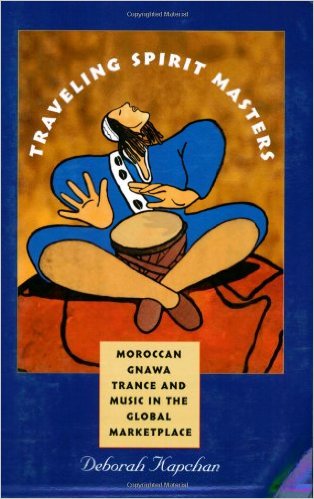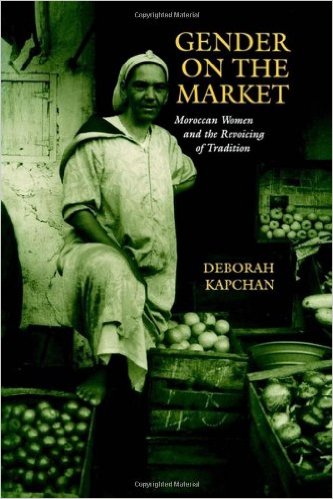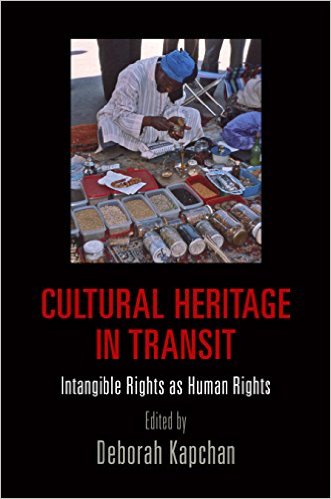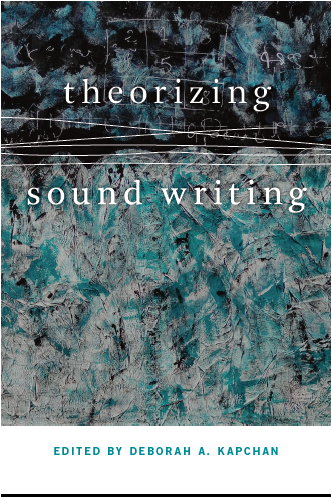Books and Publications

Traveling Spirit Masters: Moroccan Trance Music in the Global Marketplace (2007, Wesleyan University Press, Music/Culture Series)
A group of ritual musicians originally from sub-Saharan Africa and living in Morocco for centuries, the Gnawa heal those they believe to be possessed, using incense, music, and trance. But their practice is hardly of only local interest: the Gnawa have long participated in the world music market through collaborations with African-American jazz musicians and French recording artists. In this first book in English on Gnawa music and its global reach, author Deborah Kapchan explores how these collaborations transfigure racial and musical identities on both sides of the Atlantic. She also addresses how aesthetic styles associated with the sacred come to inhabit non-sacred contexts, and what new amalgams they produce. Order it here.

Gender on the Market: Moroccan Women and the Revoicing of Tradition (1996, Philadelphia: University of Pennsylvania Press)
Gender on the Market is a study of Moroccan women's expressive culture and the ways in which it both determines and responds to current transformations in gender roles. Beginning with women's emergence into what has been defined as the most paradigmatic of Moroccan male institutions—the marketplace—the book elucidates how gender and commodity relations are experienced and interpreted in women's aesthetic practices. Order it here.
Edited Volumes
Theorizing Sound Writing, Deborah Kapchan, Editor. 2017. Weslyan University Press.
The study of listening—aurality—and its relation to writing is the subject of this eclectic edited volume. Theorizing Sound Writing explores the relationship between sound, theory, language, and inscription. This volume contains an impressive lineup of scholars from anthropology, ethnomusicology, musicology, performance, and sound studies. The contributors write about sound in their ongoing work, while also making an intervention into the ethics of academic knowledge, one in which listening is the first step not only in translating sound into words but also in compassionate scholarship. Order it here.

Intangible Heritage: Culture and Human Rights in Transit, Deborah Kapchan, Editor (2014, Philadelphia: University of Pennsylvania Press)
Are human rights universal? The immediate response is "yes, of course." However, that simple affirmation assumes agreement about definitions of the "human" as well as what a human is entitled to under law, bringing us quickly to concepts such as freedom, property, and the inalienability of both. The assumption that we all mean the same things by these terms carries much political import, especially given that different communities (national, ethnic, religious, gendered) enact some of the most basic categories of human experience (self, home, freedom, sovereignty) differently. Order it here.
